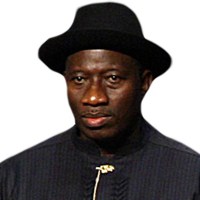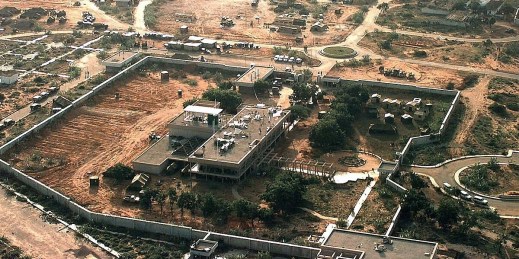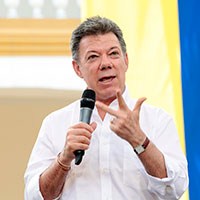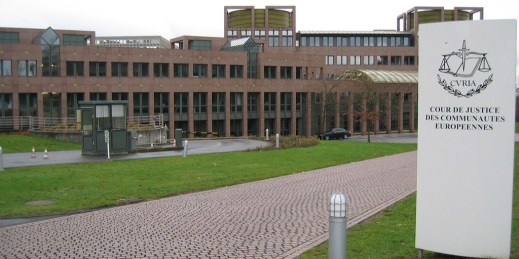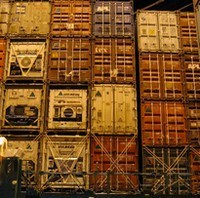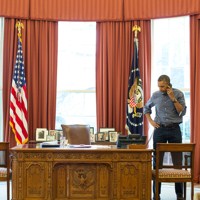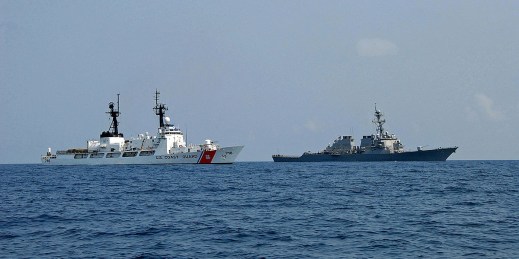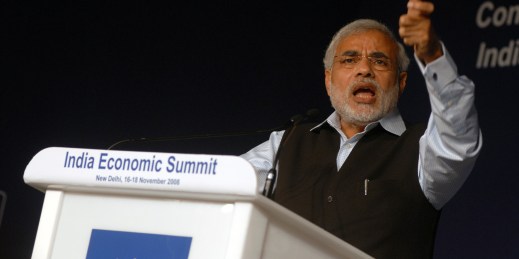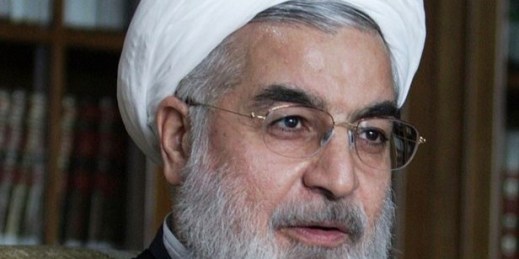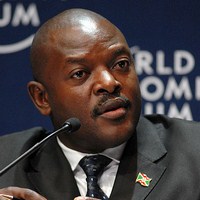
Authorities in Burundi are seeking the arrest of an opposition leader after clashes between opposition party members and police, deepening a political crisis sparked by proposed constitutional changes that would allow the president to run for a third term. In an email interview, Stef Vandeginste, a lecturer in governance, development and conflict at the University of Antwerp whose research focuses on Burundi, explained the factors behind the country’s worst political crisis since its 12-year civil war ended nearly a decade ago. WPR: What was the genesis of Burundi’s current political crisis? Stef Vandeginste: The current crisis has two main causes, […]



